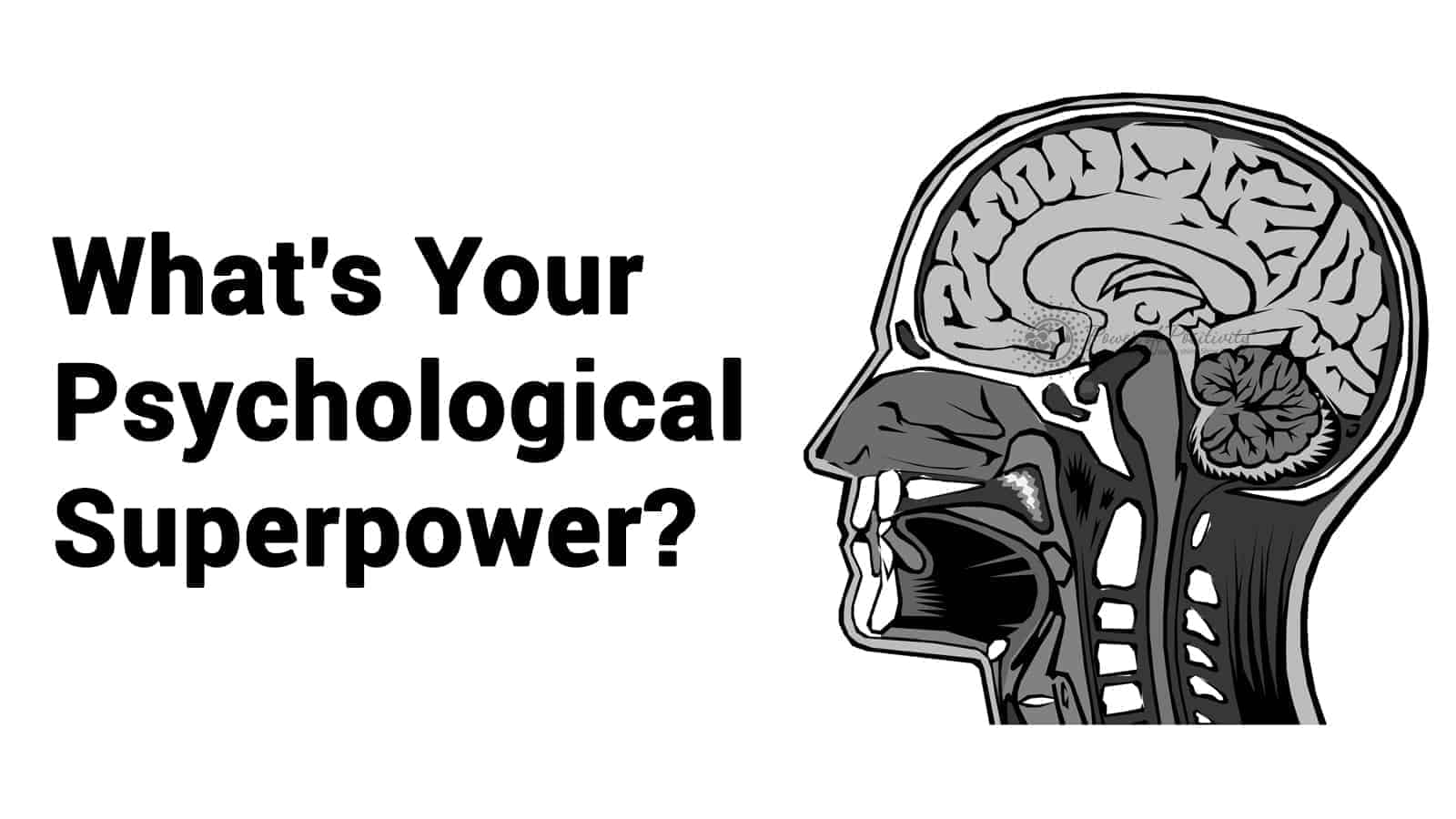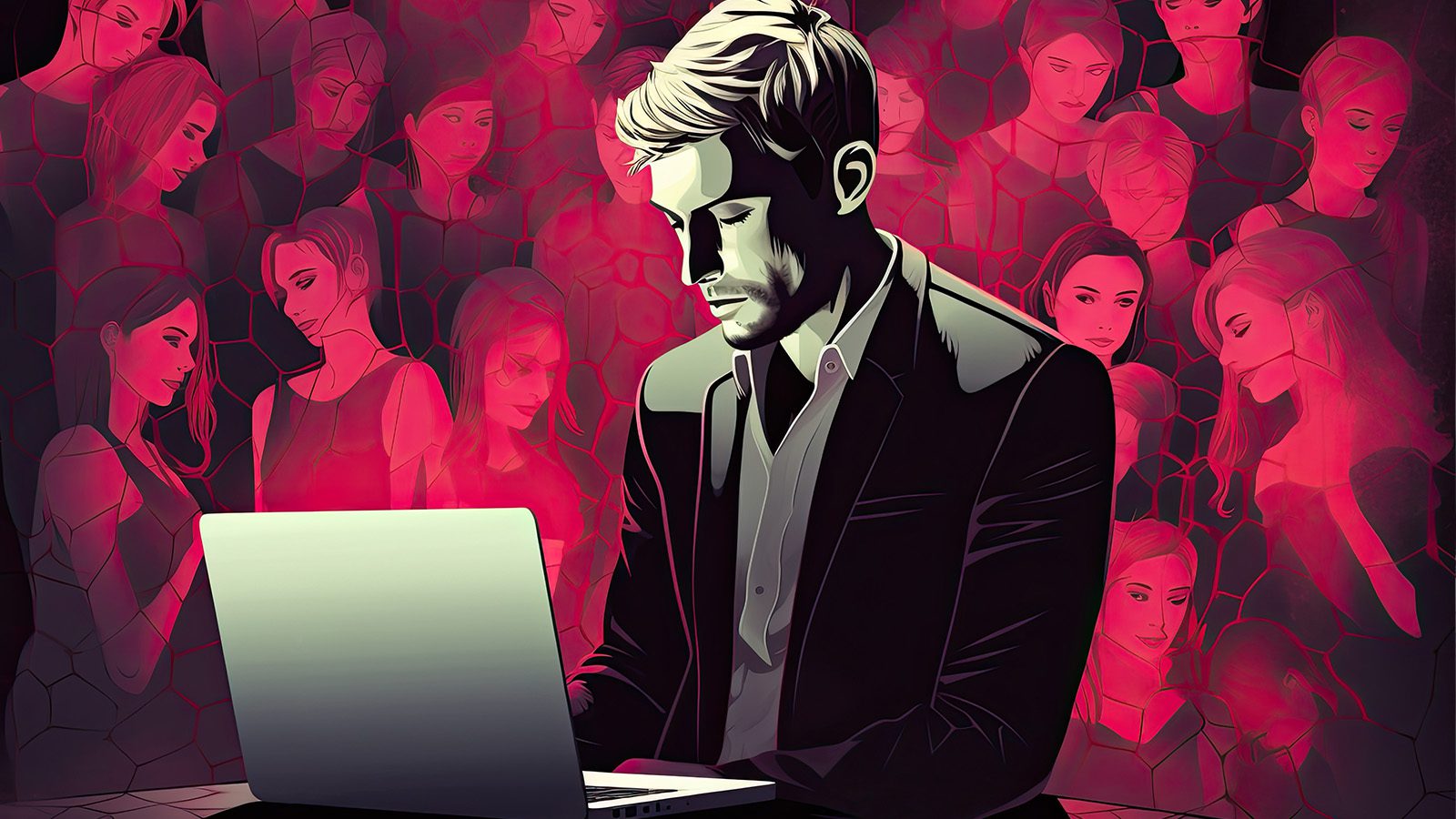Millions of people suffer from feelings of anxiety, depression, phobias, obsessions, addiction disorders or other psychological problems, but confronting and healing from what are labeled as “disorders” can give you a psychological superpower that others cannot begin to understand.
No, you won’t have X-Ray vision or invisibility superpowers, but recovering from mental illness gives you psychological super-strength and superpowers that you can use every day. People who struggle with handling their psychological symptoms can harness an inner strength that is different from what normal people experience.
Think about people who are crazy in a good way, and you think of artists, composers, and intellectual geniuses. People who can successfully manage coping with bizarre thoughts and emotional stress while also functioning in jobs and families have superpowers that the rest of us cannot understand.
What Is Your Psychological Superpower?
According to the National Alliance on Mental Illness, one out of every four adults has a mental illness in a given year. That number translated to more than 61 million people in America who were facing the challenge of mental illness as of 2013.
1. Perceptive psychological superpowers
People who have low self-esteem may suffer from the psychological problems of anxiety or depression. They are also hyper-sensitive to criticism and can pick up on tiny inflections in your voice. They are also hyper-sensitive to facial expressions, gestures, and environmental cues of social rejection.
You have seen the superpower of excellent perception used on TV if you have ever seen the crime-comedy Monk. When you think that everyone is looking at you, you feel like you are under a microscope so you start looking at everything else in hyper-detail with this psychological superpower too.
Related article: 5 Signs Your Partner Has Hidden Anxiety
Unfortunately, the lens that people with anxiety or depression see the world through has a bias toward negativity. If they can turn off the negative filter, people with anxiety and depression can better use their psychological superpowers of perception for good, not evil.
2. Intuitive psychological superpowers
Your gut is hyperactive and highly sensitive. It seems to overreact to anxiety-provoking moments and as a result, you know immediately if there is a reason to be afraid. Unfortunately your psychological superpower also means that the stress you feel causes gas, bloating, and abdominal discomfort in addition to giving you your psychological superpower of intuitiveness.
Related article: 5 Things That Happen When You Suppress Your Emotions
You can definitely trust your gut, and from your perspective, you think other people should too. The problem is that you can’t trust your perspective because you are recovering from having distorted thoughts due to being mentally ill. You might not be able to trust your friend’s perspective either because one in four of us have a mental illness of some sort.
3. Empathic and hyper-social-cue psychological superpowers
If you suffer from what is labeled as a “mental illness”, you are very empathetic to others due to the wide range of emotional extremes that you experience. You understand extreme grief and inexplicable sorrow, or you may understand manic joy or extreme anxiety better than anyone else. Being able to provide empathy is a social and psychological super power.
As someone who is recovering from depression, you are highly sensitive to social cues of rejection due to your low self-esteem issues. When others are oblivious to the turning of heads and whispered glances, you know exactly when you are being publicly shamed into leaving a social group due to being different.
4. Creative psychological superpowers
From Vincent Van Gogh to Edgar Allen Poe, creative “mentally ill” people who unleash their psychological superpowers have left their mark on the arts of our culture for centuries. Your superpower ability to think outside the box helps you to creatively solve problems.
In a study of creative writers and rates of mental illness, researchers found ‘The writers had a substantially higher rate of mental illness, predominantly affective disorder, with a tendency toward the bipolar subtype. There was also a higher prevalence of affective disorder and creativity in the writers’ first-degree relatives, suggesting that these traits run together in families and could be genetically mediated.’
Another study found that creativity was associated with a higher likelihood of having schizophrenia, bipolar disorder, depression, anxiety disorders, or abusing drugs or alcohol. Unfortunately for this psychological superpower, the risk of suicide was also higher for these people.
If you yourself have concerns about your thoughts, emotions or behavior, getting the help of a licensed counselor is easier than ever. You now have access to counseling apps, text messaging, and video chat in addition to the face to face way of getting help.
Call the National Suicide Prevention Hotline at 1-800-273-8255 for immediate help or to help someone else who is in crisis. Click this link for the click to chat feature on the Suicide Prevention Lifeline. It’s never too late to save a psychological superhero before they become one of the 117 Americans who die every day from suicide.
https://youtu.be/xVpB3Sfcw28













